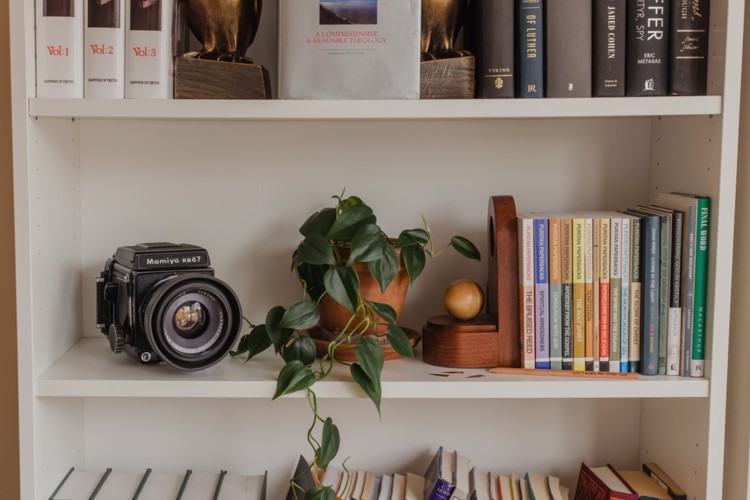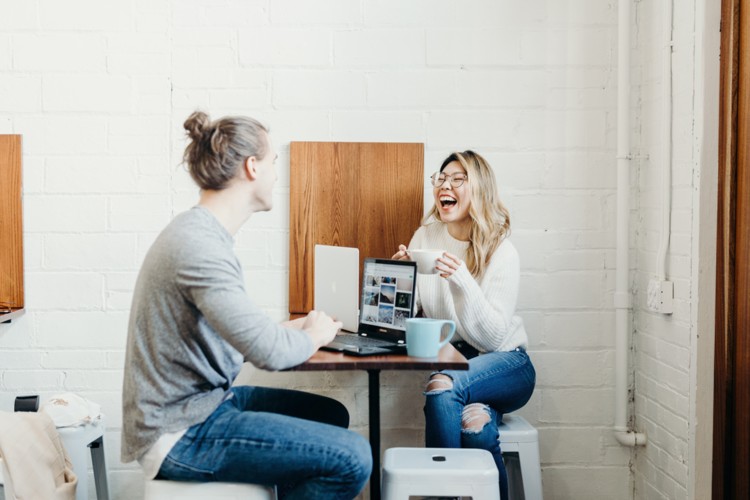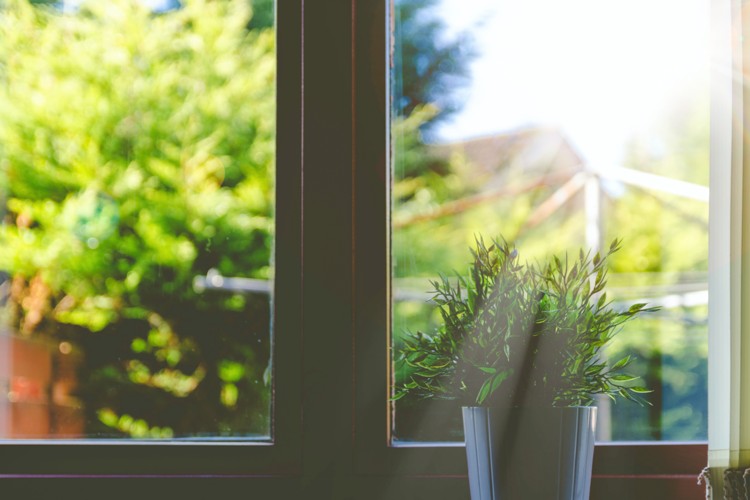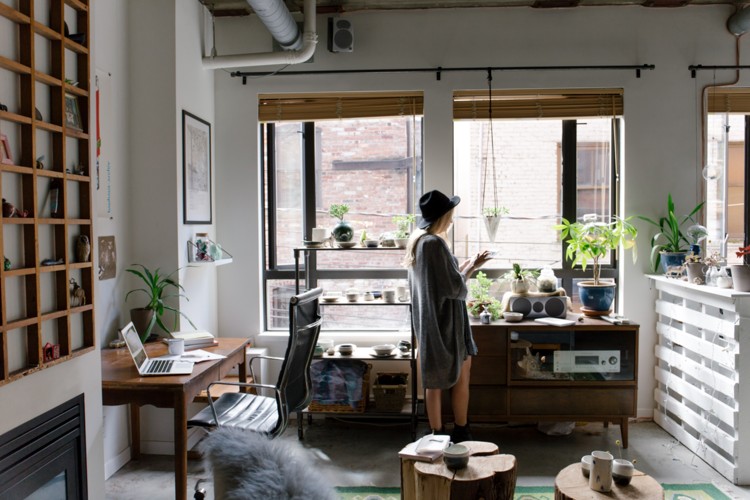4 Ways Your Physical Space Can Support Your Emotional Wellness
RAFT Team, May 3, 2021
You’ve probably spent more time at home this past year than ever before. You’re rethinking your space, learning what’s really important to you in the place you live, and working out how to work, live, play, and build relationships in the same space. And after more than 12 months of isolation, you probably need some emotional support. Your physical space can support your emotional wellness. What’s inside your four walls influences your behavior, interactions, stress levels, and mood.
Behavior
What you surround yourself with can alter your behavior on multiple levels. A sink with dirty dishes attracts more dirty dishes, whereas a shiny one stays pretty clean. A big dinner plate is easy to fill up with more food than you need. In the same way, the things we choose to surround ourselves with influence how we behave and the habits we develop.
Realistically, your sink won’t always be clean. And a large salad on your oversized dinner plate is exactly what you need some nights. So what are some practical changes you can make for a lasting impact on your behavior? Step into the room you spend the most time in and ask yourself about on change you can make that will help you be more of who you want to be in that space. Maybe you can declutter a bookcase, showcase a hobby, or add a picture of a loved one. Maybe the walls could use a coat of paint in a more soothing color.

Interaction
An environment can determine how you interact with others. You relax more when you’re comfortable, which makes it easier to open up and share what’s really going on. If you’re hoping to make deeper connections in your space, think about what will help others feel more comfortable. If you don’t have a chair, add one. There’s a good chance conversations will linger longer than before. This small change can go a long way to support your emotional wellness.

Consider adding something unique to your space that highlights a part of you that others may not know about. Do you love sci-fi? Add a token that displays your enthusiasm. Have you taken a trip somewhere you love? Frame a photograph for display. These are all things that can invite conversation and get words flowing. And with all the isolation brought on by Covid, we could all use some healthy interactions.
Stress Levels
Clutter is a stress inducer. You probably know people who say a messy desk helps them get more done, but science proves otherwise. Our home is our haven, our safe place. And a clutter-free home will help support your emotional wellness.
Did you realize it's more difficult to read other people’s emotions when you’re in a cluttered space? Not being able to track other's emotions can raise stress levels. Clutter also makes it difficult to think efficiently because when you’re processing so much external stimuli, it’s hard to solve problems and make good decisions. Even short-term memory tasks like remembering where you left your keys become more difficult in a space that’s overflowing with things, no matter how beautiful those things may be.
As you declutter, remember that it took time to bring it all in. It will take time to pare belongings down and create a more restful space. Be patient! And remember that when you declutter, you support your emotional wellness.
Mood
Fresh air and sunshine make us happier and healthier. A bright room can boost your mood and decrease depression and anxiety. Nature can enhance your mood, so try to bring some sort of nature right into your space. Add some plants and listen to nature sounds. These things can change your focus and the way you think, which can also grow your creativity!

Engage All Your Senses
Yes, home is about the stuff we have inside our walls. The physical things and the vibe that oozes from the unique combination of what you have and how it's arranged. Home is our retreat and the place we can truly be ourselves. But when you cross your threshold, you’re probably carrying in a lot of stress and fatigue from life outside your walls.
Build an environment that soothes you or energizes you, whichever helps you be your best self. Use your surroundings to help positively influence your behavior, interactions, stress levels, and mood.
Surround yourself with comforting things that engage all your senses. Ignite your sense of touch with soft, fluffy blankets. (Don’t forget that hugs work great too!) Give your eyes a peaceful place to rest when you walk in the door. Fill your home with pleasant scents. And turn on those nature sounds or some music that gives you the emotional boost you need, whether quiet and peaceful or happy and loud.
A few small tweaks using what you already have can make a big difference in how your home makes you feel.







